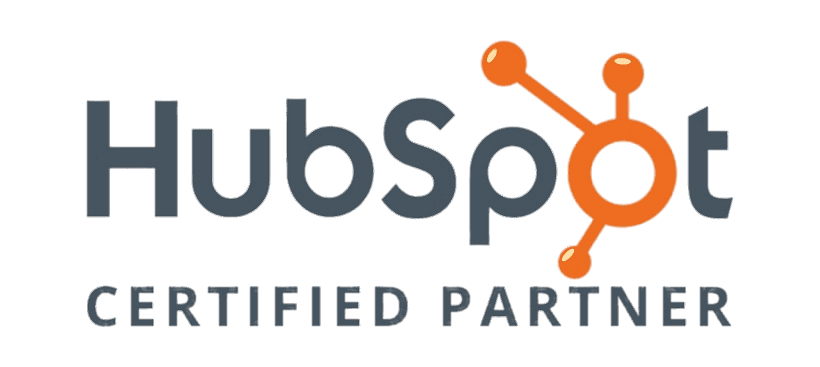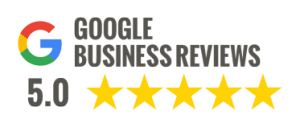PAID SEARCH MARKETING IS COMPLETELY DRIVEN BY GOOGLE
Have you heard people say "paid search marketing is completely driven by Google"? I know I've heard it. In fact, sometimes I even wonder if it's all some kind of a conspiracy. But before we start speculating, let's look at the facts.
Search engine marketing can come in many forms, but pay-per-click is the most widely used form of paid search. While Google says paid search has no impact on your organic efforts, I wonder if this is really true, especially since paid search can have some indirect effects on organic.
CLICK-SHARE
Since Google ads are above organic posts, a vast number of clicks are happening with paid search results. By having both paid and organic, you can offset a change in link share. Therefore, you can say that Google paid is dominating search since organic results are further down the page, thus feeding into the conspiracy – paid search marketing is completely driven by Google, and that's where they want you.
Even more, Google has expanded text ads, making those paid advertisements stick out more in search results. Now there are three headline fields, two description fields and the display URL can handle two path fields. Because of this change, ads grew 50 percent in size and the possibilities for new ad copy seem endless. On average, advertisers have seen their ads' click-through rates increase by 20 percent after making this change, according to WordStream.
As Google's algorithm continues to make it easier and quicker for searchers to get information without navigating outside SERP, there will be even more emphasis on utilizing paid by companies. With these types of changes, digital marketers will need to respond to changes in both organic and paid initiatives, thus seeing how the strategies can work together.
USER SIGNALS
With artificial intelligence only increasing in use by Google, search intent is going to be more important then ever for paid and organic. When targeting information and transactional terms, paid and organic are going to need to work together to produce that quality content and get on the top of search results. Because once those users click on the ads, they are going to go back to your website. Those user signals, such as bounce rate and time on page, are going to be looked at by Google.
A good digital marketer will incorporate inbound marketing into their organic search strategy. This inbound strategy will need to factor in those clicking from ads. I believe that this change in paid search is going to require digital marketers to create other types of ads than those for transactional search.
Almost like Facebook's newsfeed algorithm, digital marketers are going to have to do both paid and organic to be presented to their audience. Facebook is a pay to play social media channel for those companies to show up in the newsfeed. The probability for organic posts to show up is based on the account as a whole and the level of engagement, which is why companies can't just do your typical ads. They need to do engagement-driven ads.
The same is true for Google search. Companies are going to have to create other types of ads to make sure users come back to their website for information about a topic. Digital marketers are going to have to be more strategic and creative with their problem-solving capabilities.



